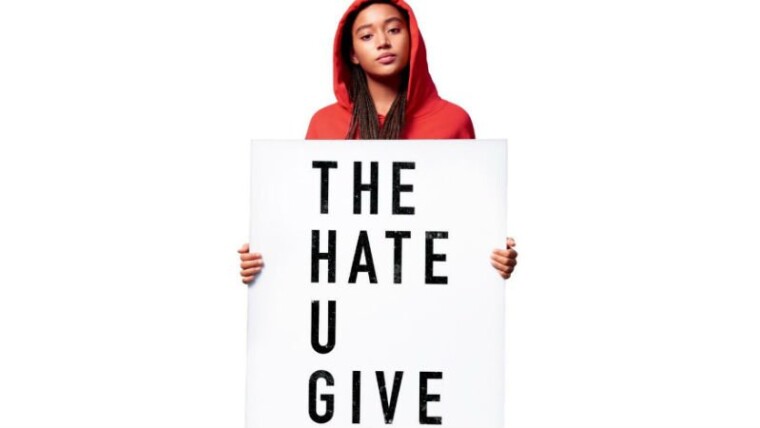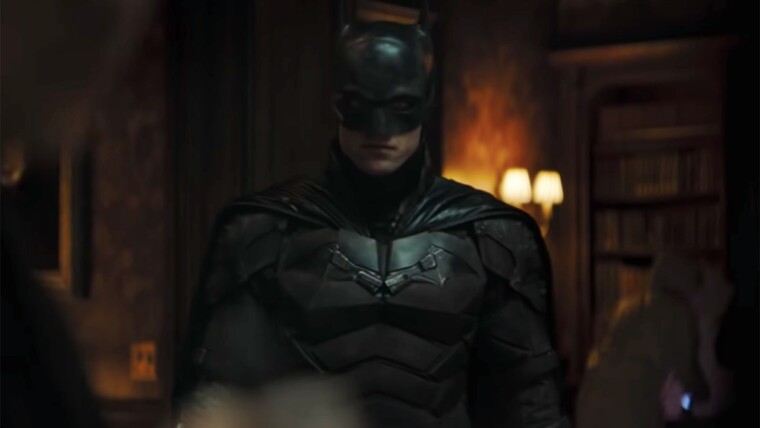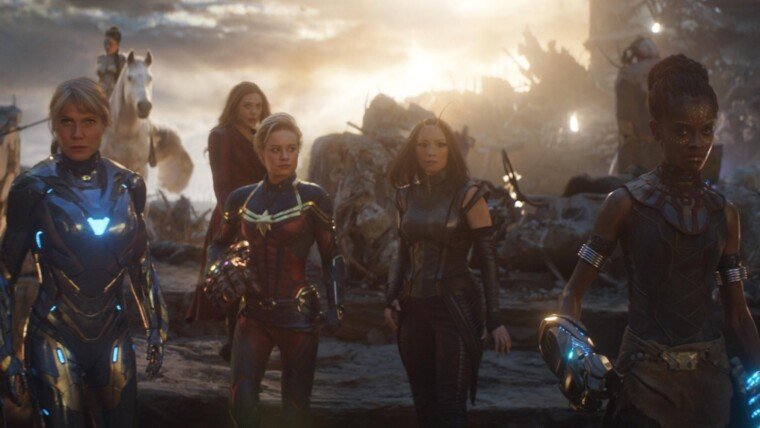This past week has been both depressing and inspiring. The murder of George Floyd has sparked massive protests across the United States, as the Black community (along with their non-Black brothers and sisters) has taken to the streets to protest against systemic racism that has plagued America for centuries. The #BlackLivesMatter movement has also lit a fire under the asses of people all across the globe to not only be in solidarity with the African American community, but also to look inward and think about the systemic racism that exists in our own country.
But maybe you’re not aware of what’s going on. Maybe you’re aware but not sure what exactly any of it means or why it’s important. Maybe you are aware, and would like to know more about the Black American struggle. Here are five films that could help you.
The Hate U Give
We often see black oppression films told from the perspective of adults. The Hate U Give is a unique film about racism, oppression and more importantly, IDENTITY, told from the perspective of a modern middle-class teenager. Starr Carter (Amanda Stenberg) is a black youth who lives in the ghetto. In it, there is a school — Garden Heights — where youths go to get jumped, high or pregnant. She doesn’t go there. She and her siblings go to a private school in a primarily white affluent neighbourhood — Williamson Prep — in which she, just as I did, does a lot of hiding and pretending. (Though, there’s a strong reason for her identity switching — she witnessed her best friend get shot when she was only 10 years old and her mother said, enough is enough.)
For Starr’s mom, it’s about the most efficient way out of the mean streets of the ghettos. Go to a private school, keep your head down and your blackness buried, study hard, play by the rules no matter how fucked up they are, work within the system that’s rigged against you from the top-bottom, go to college, get a degree, get a job. And this is why I love this film. The Hate U Give may be about black and white people but its narrative is painted in grey textures. Angie Thomas and screenwriter Audrey Wells don’t write Mrs Carter as someone who’s wrong. Her principles don’t stem from cowardice, but survivability.
Malcolm X
Spike Lee’s Malcolm X, is a wonderfully written and helmed, powerfully performed tribute to the controversial Black activist and leader that pushed for Black liberation. There is a narrative perpetuated today that Malcolm X was the anti-Martin Luther King — While MLK was the compassionate one who pushed for liberation through non-violent methods, Malcolm X was an extremist (think T’Challa vs Killmonger). However, this Spike Lee movie shows us the nuances of Malcolm X and his struggles and by the end of it, you’ll see and understand his perspective.
Selma
We all know about Martin Luther King Jr’s iconic, goosebumps-inducing speech at the 1963 march on Washington. “I have a dream that my four little children will one day live in a nation where they will not be judged by the colour of their skin but by the content of their character.” But what happened after? Did white-America suddenly become woke? Did Black people stop suffering? No. It’s not as simple as that.
Although the Civil Rights Act of 1964 ended segregation in public places and banned employment discrimination on the basis of race, colour, religion, sex or national origin, discrimination was still rampant all over the country. In fact, the system made it incredibly difficult for Black people to register to vote. This film centres around the march led by Martin Luther King Jr, from Selma to Montgomery which forced President Lyndon Johnson to sign the Voting Rights Act of 1965.
If Beale Street Could Talk
If Beale Street Could Talk is probably one of the most underrated films of the past few years. This beautiful film by Barry Jenkins (Moonlight) is based on James Baldwin’s 1974 novel of the same name is both romantic poetry and political protest. Told in a non-linear fashion, If Beale Street Could Talk is set in 1970s Harlem and follows a young woman who has decided to embrace her pregnancy, while trying to seek justice for her childhood sweetheart who has been wrongly imprisoned.
Get Out
Of course, this list wouldn’t be complete without Jordan Peele’s Get Out, a small film with a budget of $US 4.5 million that became around the United States and across the globe. By the end of its run, the film had grossed over $255 million at the global box office. It put director Jordan Peele on the map as a political-horror filmmaker that we should keep an eye out for.
The film follows a young Black man who decides to spend the weekend over at his white girlfriend’s parents house. Jordan Peele does a fantastic job of encapsulating modern-day racism, through purposefully cringey dark comedy (see how the white family randomly says sh*t like “I voted for Obama”). Slowly the noose tightens and builds towards a thrilling climax. There’s also the hypnosis scene, which has to be one of the most profound and uncomfortable sequences of the decade.






